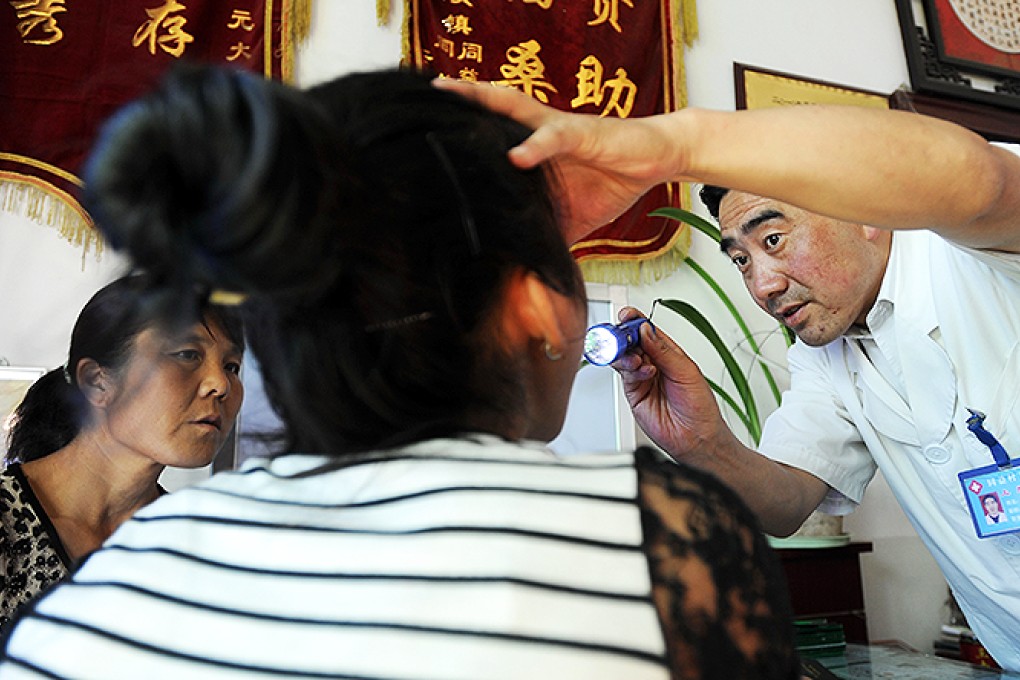No more red envelopes allowed in hospitals, China’s National Health Commision says
On May 1, Chinese doctors and patients will be officially banned from giving or accepting bribe money in red envelopes

Chinese doctors and patients will soon be required to sign a special agreement banning them from exchanging money in red envelopes before medical transactions.
Called hongbao in Putonghua and laisee in Cantonese, red envelope money is often given to doctors on the mainland as a form of bribery, usually by patients hoping to receive more comprehensive medical treatment.
With many Chinese hospitals understaffed and unprofitable, little has been done to successfully regulate this practice.
Aside from outlawing hongbao, clauses in the contract for patients include the need to “actively co-operate with treatment activities, truthfully provide medical history information…and respect medical personnel."
Doctors, on the other hand, must show “due diligence in treatment [and must] fully fulfill the obligation to respect the rights of the patient.”
The National Health and Family Planning Commission did not specify how the new policy would be implemented and regulated, and only indicated that supervision and inspection at all hospital administrative departments would be enforced.